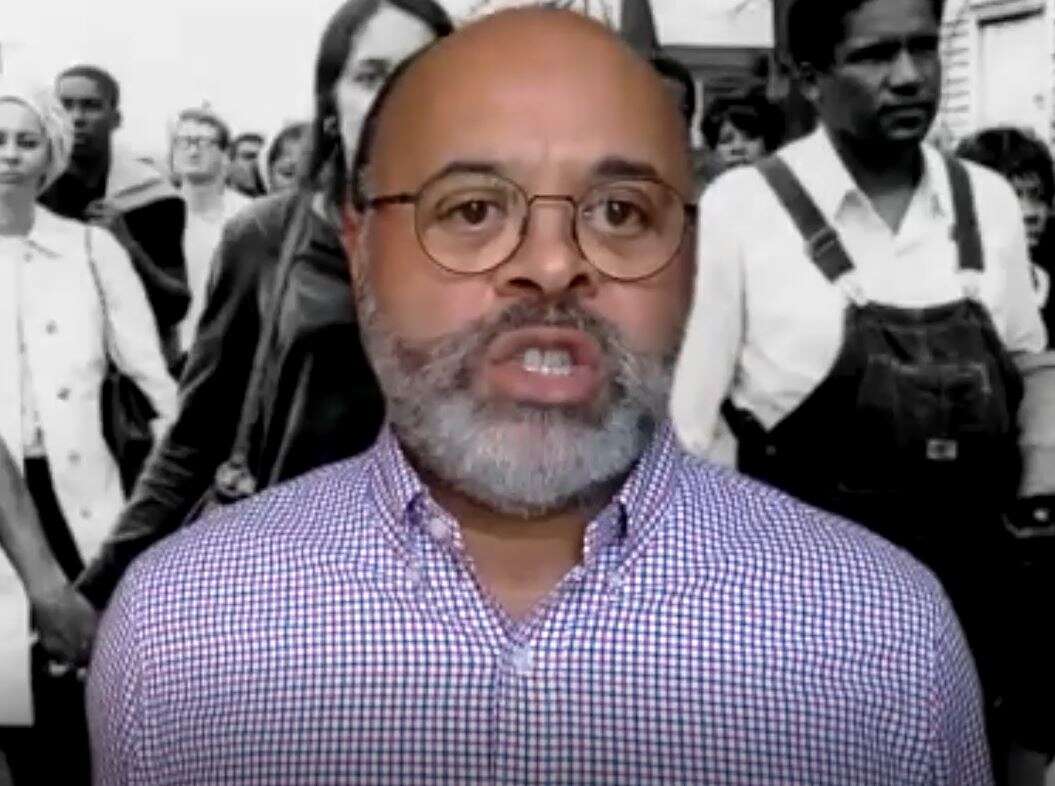
With three weeks to go until the closing date for the 2020 British Journalism Awards, judges have shared their tips on submitting a winning entry via a free webinar.
The broadcast was aimed specifically at new BAME and female entrants to the awards who can enter for free this year if they don’t work for a news organisation which can pay for their entry. But there was also plenty of tips for all awards entrants.
Asked what he looks for in an awards entry, professor of journalism and former BBC journalist Kurt Barling (pictured) said: “When we are talking about the public interest we are talking about speaking truth unto power. Challenging power is at the heart of these awards.
“One of the stories which came upon 2018 which I got very passionate about was Amelia Gentleman and her work about the Windrush scandal [which saw her named journalist of the year]. She moved the public debate.
“You can’t get a stronger example of the public interest, great journalism, great storytelling, and real impact than that story.
“I’m looking for really powerful stories. Has there been exemplary research? Have people really done the graft and hard work? We are looking for robust evidence.”
Speaking via zoom in front of an image from the 1965 Selma to Montgomery civil rights march in the USA, he said: “I urge you please get your best work in. We as judges love variety, love diversity – it makes the job more exciting and interesting. I want to see the talent from BAME quarters and women being recognised because it is long overdue.”
This year the 75-strong judging panel has a 50/50 male/female split for the first time. The 25 awards categories are open to all journalists wherever they work provided they are producing work for a UK audience.
Fellow judge Liz Gerard, writer and former night editor of The Times, wanted to emphasis the inclusive nature of the British Journalism Awards.
She said: “These are journalism awards, these are not press awards, they are for every sphere of journalism. That means local papers, local broadcasters, trade papers.
“I’m thinking of some of the fantastic entries I’ve seen over the years from the Birmingham Mail over the fight to get an inquest for the victims of the Birmingham pub bombings and Inside Housing, which as so far ahead on Grenfell because it had been beating a drum about safety for so many years and had said this was going to happen. The Croydon Advertiser, Health Service Journal – these have all won big awards.
“One of things we want to see is people who made a difference. If your story has had an impact and achieved something, that’s great. But you might still have a public interest story that perhaps didn’t make a difference, didn’t get where you wanted it to go. Enter this and you might get a much broader audience for what you are actually trying to achieve
“We want to see good presentation. If you’re a reporter you are at the mercy of the subs and the backbench but you can increase your chances by making sure you have good case studies, fact boxes and background. You have to put a lot of work into lots of areas. We want to find out things we didn’t know. If it makes a difference put it forward.”
But she also voiced a note of caution: “Don’t over hype. We do check. Don’t pretend you did something you didn’t do.”
This year all those entering any of the awards categories for free under the assisted-entry scheme for BAME journalists will also be entered into the Barbara Blake Hannah award – named after the UK’s first female TV newsreader.
Speaking from Jamaica, Blake Hannah said: “Journalism has been my profession since I was 17 years old and it’s wonderful to be embraced in this large family at this late stage of life, it’s just wonderful. What I will look for is work which enhances what we are trying to achieve with this award by making the work of black and ethnic minority journalists more visible and rewarded.
“We’ve been doing a lot fo work for along time and haven’t really been recognised and the fact that this award exists now gives us a chance for some of them to shine.”
Full details here about how to enter the 2020 British Journalism Awards.
Email pged@pressgazette.co.uk to point out mistakes, provide story tips or send in a letter for publication on our "Letters Page" blog
